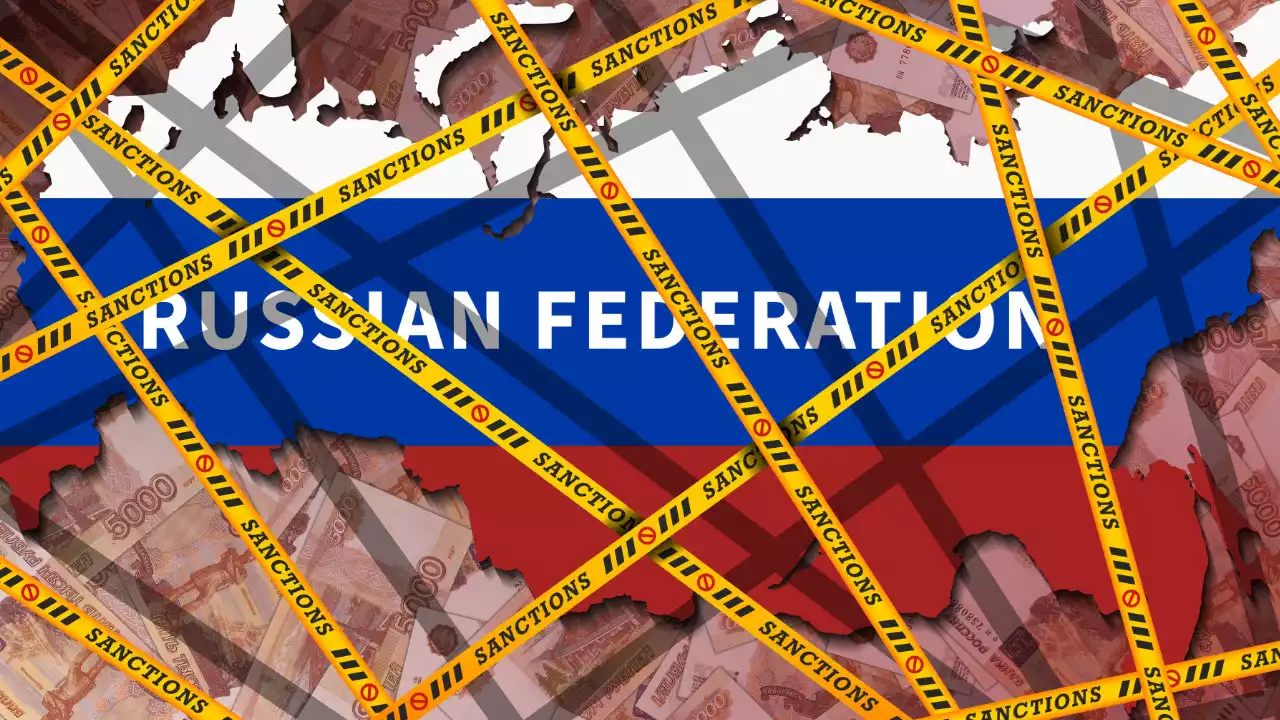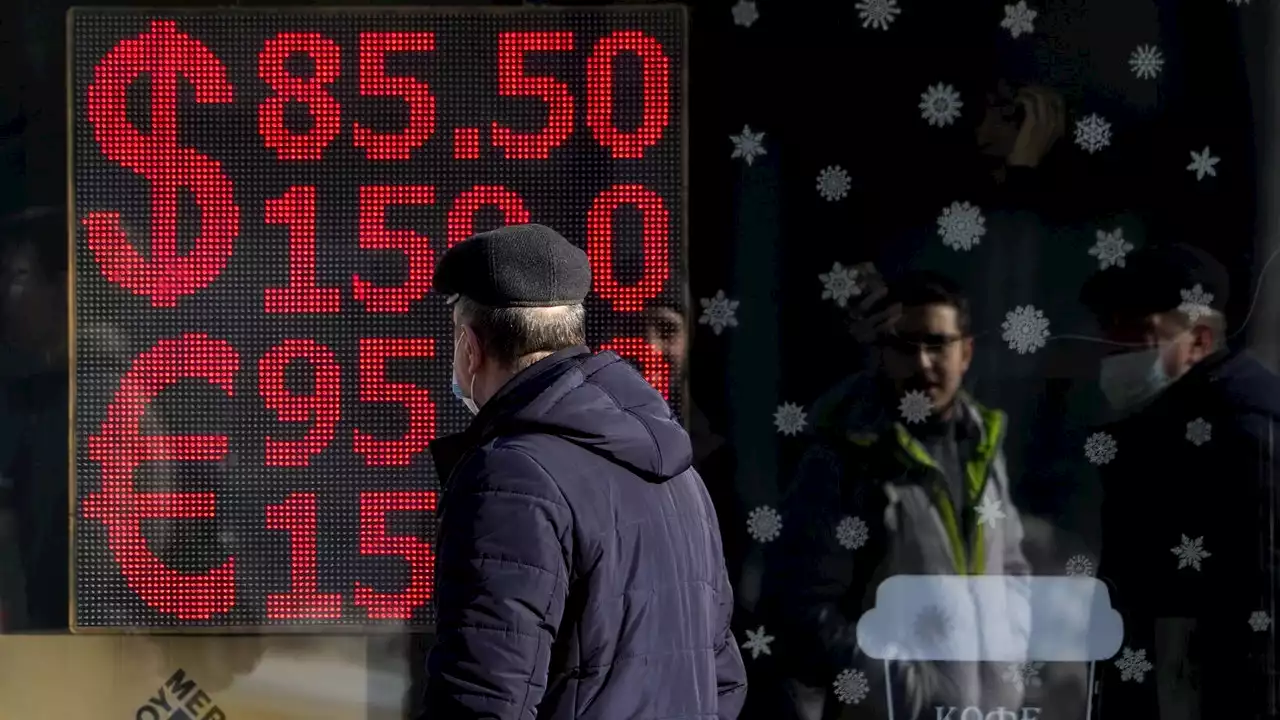More often than not, sanctions fail to sufficiently or efficiently squeeze regimes, wrightr writes.
that banned world trade with Baghdad. Saddam refused to withdraw. Six months later, a U.S.-led military assault expelled Iraqi forces, but the Iraqi leader refused to comply with the terms of the ceasefire. Sanctions dragged on. The toll was horrific. By 1997, a third of Iraqi children were malnourished, according tothat the economy of Iraq—which once had one of the highest standards of living in the oil-rich Middle East—was “in tatters.
Sanctions and embargoes on North Korea, first imposed after the Korean War in the nineteen-fifties, have been a total failure. Over three generations, the Kim dynasty has only become more belligerent, better armed, and more obstinate. In 2000, Secretary of State Madeleine Albright went to Pyongyang to—some sanctions relief and humanitarian aid in exchange for limits on its ambitious ballistic-missile program.
The Biden Administration said that the new sanctions on Russia were based on the “Iran model.” But four decades of embargoes and sanctions on Tehran have repeatedly failed to change the regime’s calculus. The U.S.after fifty-two American diplomats were taken hostage in Tehran, in 1979; it took fourteen months to free them. More sanctions were imposed in the mid-nineteen-eighties for state sponsorship of terrorism.
Sanctions, however, are also subject to the whims of domestic politics. Three years into the 2015 Iran nuclear deal, Donald Trumpit and imposed more than a thousand new sanctions on Tehran. His goal was to get Iran to negotiate a broader deal. He failed abysmally. In retaliation, Iran breached limits on its nuclear program.
Sanctions rarely change a regime’s ideology or behavior. Russia will, no doubt, face severe economic pain for its invasion of Ukraine. Putin “grossly underestimated” the political will of the West to enact such a complex set of sanctions, including on Putin, Steil told me. In a joint statement on Friday, the G-7 warned that it will continue to impose “severe” sanctions. The group of the world’s most powerful economies demanded that Russia end its invasion.
Argentina Últimas Noticias, Argentina Titulares
Similar News:También puedes leer noticias similares a ésta que hemos recopilado de otras fuentes de noticias.
 Binance, Coinbase Explain Why Cryptocurrency Won't Help Russia Evade Sanctions – Featured Bitcoin NewsThe chief executives of two major cryptocurrency exchanges, Binance and Coinbase, do not believe that cryptocurrency is an effective tool to help Russia evade Western sanctions.
Binance, Coinbase Explain Why Cryptocurrency Won't Help Russia Evade Sanctions – Featured Bitcoin NewsThe chief executives of two major cryptocurrency exchanges, Binance and Coinbase, do not believe that cryptocurrency is an effective tool to help Russia evade Western sanctions.
Leer más »
 Why Coffee Nerds Want This Manual Espresso MachineDo you want to make cafe-quality espresso at home? We asked a snooty java connoisseur to test the Flair Pro 2, a lever-operated machine that requires a bit of muscle to master
Why Coffee Nerds Want This Manual Espresso MachineDo you want to make cafe-quality espresso at home? We asked a snooty java connoisseur to test the Flair Pro 2, a lever-operated machine that requires a bit of muscle to master
Leer más »
 Why a California City Is Trying to Build the State's Last Fossil-Fueled Power PlantGlendale has proposed to spend $260 million on new natural gas generators, angering residents and environmentalists amid the state’s clean energy transition.
Why a California City Is Trying to Build the State's Last Fossil-Fueled Power PlantGlendale has proposed to spend $260 million on new natural gas generators, angering residents and environmentalists amid the state’s clean energy transition.
Leer más »
 Why Grocery Retailers May Eliminate CashiersCashiers are a pillar of retail operations. Yet in the wake of the Covid-19 pandemic, cashier-less technology is gaining ground among grocery retailers.
Why Grocery Retailers May Eliminate CashiersCashiers are a pillar of retail operations. Yet in the wake of the Covid-19 pandemic, cashier-less technology is gaining ground among grocery retailers.
Leer más »
 Why People Are Booking Airbnbs In Ukraine When They Have No Plans To GoWant to donate directly to Ukrainians on the ground? Consider booking an Airbnb. The company is waiving all fees involved.
Why People Are Booking Airbnbs In Ukraine When They Have No Plans To GoWant to donate directly to Ukrainians on the ground? Consider booking an Airbnb. The company is waiving all fees involved.
Leer más »
 Why Russia doesn’t represent the future for ExxonWe are pleased to see Exxon Mobil take steps to halt operations in Russia, following other major oil companies in cutting off commerce with the country after...
Why Russia doesn’t represent the future for ExxonWe are pleased to see Exxon Mobil take steps to halt operations in Russia, following other major oil companies in cutting off commerce with the country after...
Leer más »
